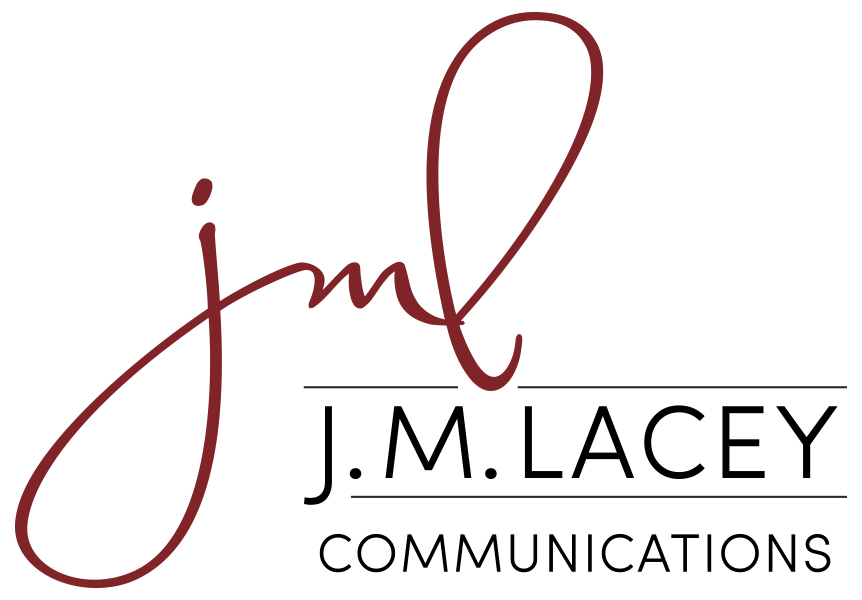Among the list of challenges an organization has to cope with is the challenge of losing skilled employees after they retire. Have you found that to be the case with your company?
We all understand retirement is the long-awaited reward after decades of working for a company and perhaps contributing to its overall growth. We would never stand in the way of a retiree desiring to take a break and fulfilling his retirement dreams.
The downside to this excitement is that companies have relied on these employees for years – their skills, their behaviors, their abilities to mentor new employees, and so on – that these abilities go out the door with the employee. The incoming workforce not only lacks the skills it takes years to hone, but behaviors and work ethics are vastly different than say, 30 years ago.
More than ever today do long-time, experienced professionals need to share their work principles and understanding of values. Their example incites others to do the same. Older employees are better at communicating because they’ve learned the value of patience and listening. They’ve also learned to prioritize, which affects their stress level. All of these traits are beneficial and it behooves the company to give their seasoned employees the chance to pass these along.
With that said, what can you do to meet the challenge of losing your skilled employees?
Train before the transition
Most outgoing employees due for retirement are going to express this decision long before they head out the door. They might give you a year’s notice that they plan this retirement. Do not wait until their retirement party before you decide to hire their replacement. While this might sound like an exaggeration, it is not uncommon for businesses to hire the new employee closer to the outgoing employee’s retirement date. Because of budget constraints, the company feels it is best not to pay two employees. However, in the long run, your early investment in your new hire is cost effective.
Why?
Training takes time. New employees have a lot to learn and at times this could take months just to “learn the ropes” in their new surroundings. Hire replacements for retirees as soon as possible so the outgoing employees can train and mentor the incoming employees. The soon-to-be retirees can offer valuable insight with regard to the work, the company’s expectations and dealing with issues which frequently surface.
The experienced employees are adept in their responsibilities because they’ve made earlier mistakes and have learned from them. They can teach new ones to avoid those mistakes. Long-time employees understand the organization’s values and expectations for a dynamic workforce. Their example in these areas can have a profound affect on new ones. And the more confident a new employee becomes in his role, the less likely he will walk away, forcing you to start over.
Never overlook the value of this mentorship. Take advantage of this opportunity for a smooth transition.
Hire retirees as consultants
After the newness of retirement wears off, and a new routine of vacations and visiting family has been established, many retirees grow bored. While they might pick up a hobby they now have time for, loneliness soon sets in. They have been accustomed to the work life for years and once this is gone, they experience a kind of loss. They will often try to find ways to fill their time to feel needed and appreciated. They might join a club or become part of a board of directors, essentially anything where they can use their expertise.
Companies will often hire their highly skilled retirees as consultants. Instead of writing off their subject matter experts, the company will call them in for their valued advice. Companies recognize they cannot replace 30-plus years of knowledge and experience about an organization with their incoming new hires. Therefore, businesses treasure and respect what these retirees can offer.
The retiree, in turn, feels appreciated and is willing to offer his expertise. The consultant can hang on to his retirement status, while at the same time, use his knowledge for the same company, in a dignified, respected position.
Use them where needed
Retirees can offer their insights into the organization, clients and B2B customers, to assist various departments within the company. They can be an advisor on the board of directors. And their knowledge of the department from where they retired is useful with change and innovation.
Yet retirees can do more than simply offer advice. They can be used as trainees and mentors. They can teach or assist with education for incoming employees. They can even be used as a mediator between branches of the organization.
Whatever your needs, the value of your retirees should not be forgotten. Use their skills and expertise to continue the growth of your organization. Hiring quality employees can be daunting, so do not give up on the quality employees you have shaped over the years. Take advantage of your retired experts and allow them to find fulfillment in their new role as consultant. This, in turn, will strengthen your organization.
Have you used your retirees as consultants? What have you found particularly beneficial in this regard?
Want to know what words are killing your professional image?
Download your Free report.
You’ll also receive “Creative Corporate Communications,” a monthly alert to help you build trust in your organization.



Recent Comments